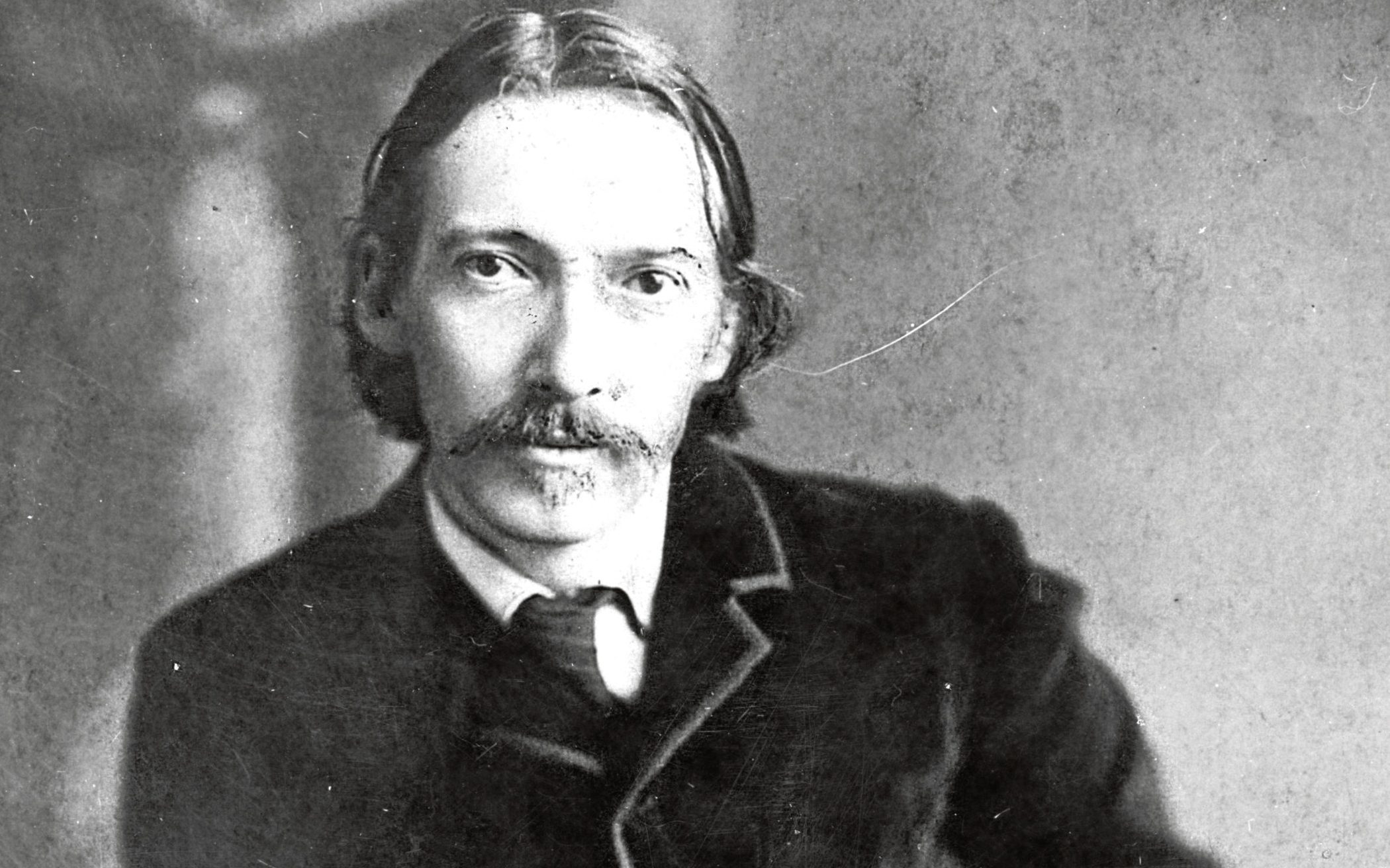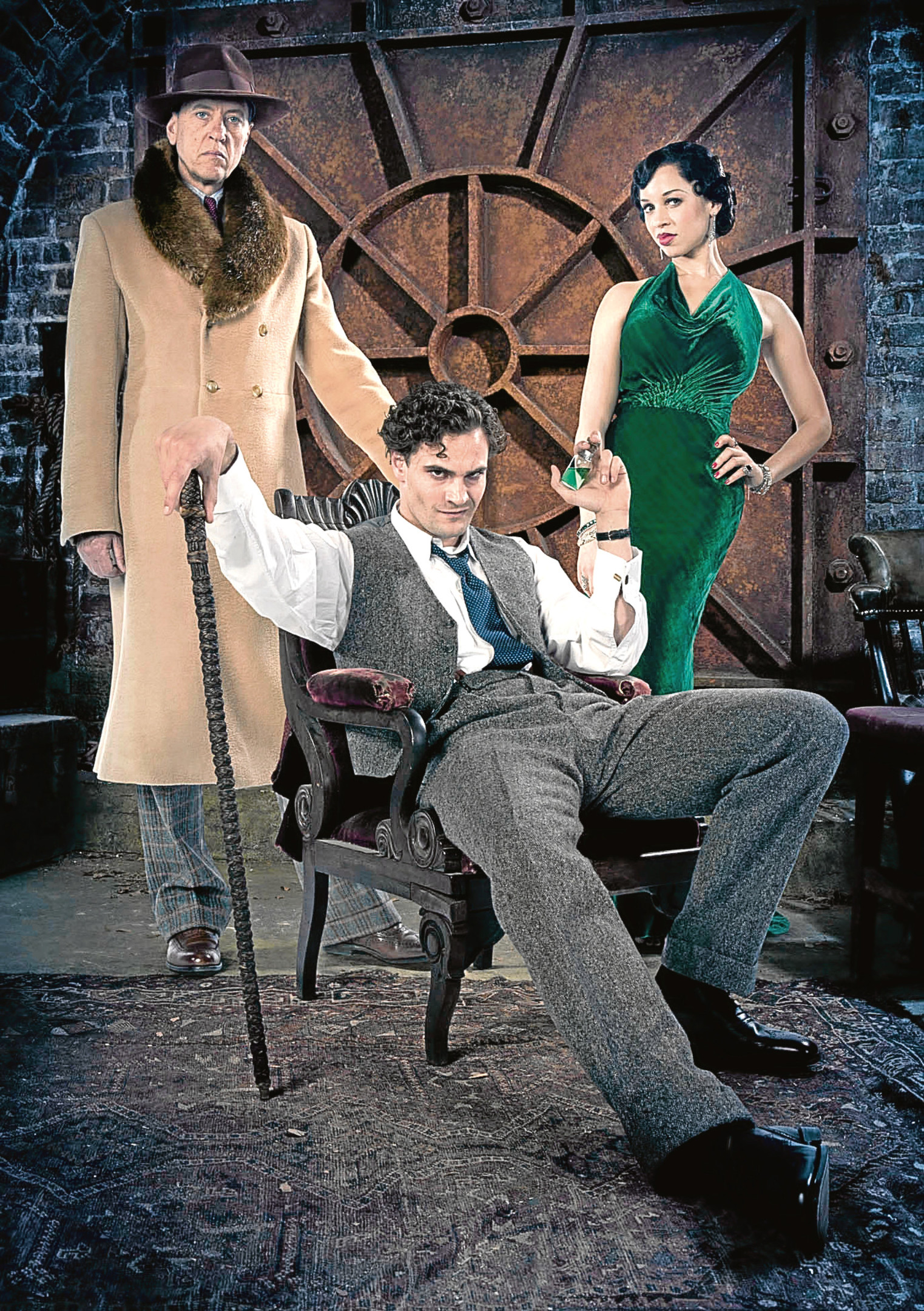
HE’S the Scots literary icon credited with creating some of the most enduring fiction of all time – from swashbuckling pirate tale Treasure Island to Gothic classic The Strange Case of Dr Jekyll and Mr Hyde.
But now it has emerged Robert Louis Stevenson – born in Edinburgh in 1850 – had secret longings to write much more graphic, adult material.
A new biography reveals the renowned author felt the need to tone down his work so as not to offend sensitive, middle-class readers.
In an 1883 letter to his friend William Ernest Henley, an influential poet, critic and editor, he describes himself holding back on one “risque” female character in order to “please this rotten public”.
And elsewhere, he wrote: “If characters have to go to bed with each other, well then I want them to go.”
Professor Joseph Farrell, whose new book Robert Louis Stevenson in Samoa unearthed the findings, said certain details would “surprise a lot of people”.
He said Stevenson’s time in the South Seas, where he spent his final years and eventually died, gave him distance to question “the limitations placed on a British writer by Victorian conventions and the puritan attitudes of a largely middle-class readership”.
He added: “A restriction which irked him greatly was the lack of freedom to discuss sexual matters. During his time in Samoa he sought authorisation for a new frankness in his writing.”
But he insisted Stevenson was a “conservative with a small and large c” and “retained the Calvinist ethical structures of his boyhood”.
Professor Farrell added: “He became convinced that, as an author, he should have the right to be able to depict sexual conduct honestly, even if he would not approve of such conduct himself.”
Stevenson is known to have visited prostitutes during his time as a student in Edinburgh, but later said he regretted not being “more chaste in early youth”.
Jeremy Hodges, a Stevenson biographer and member of the RLS Club, told The Sunday Post the writer “had a reputation as a children’s author to maintain”.
He added: “Parents and indulgent aunts and uncles would not go buying Treasure Island and Kidnapped for their offspring if there was any kind of question about the moral fitness of the author.
“Stevenson’s wife was very careful about this. She had a pact with Stevenson’s father that whoever died first, the one who was still around would make sure Stevenson didn’t go publishing anything without them checking it out first.
“Famously, with the first version of Jekyll and Hyde, we don’t know what was in it. He wrote it, gave it to his wife and she said ‘you can’t publish this’. She said he needed to make it much less explicit.
“We don’t know what was in the first version but we suspect it was sex. He burnt it. He wasn’t pleased about that but he did what his wife wanted.
“If he hadn’t destroyed his first version and if it had got published it probably would have been regarded as somewhat disreputable. The version that did come out was fantastic.
“Jekyll and Hyde was like having your cake and eating it. You could hint at all sorts of things and people knew what he was talking about but nothing explicit was in it.”
Stevenson, whose novel Treasure Island propelled him to fame in 1883, died at the age of 44 in Samoa after suffering from poor health.

Enjoy the convenience of having The Sunday Post delivered as a digital ePaper straight to your smartphone, tablet or computer.
Subscribe for only £5.49 a month and enjoy all the benefits of the printed paper as a digital replica.
Subscribe